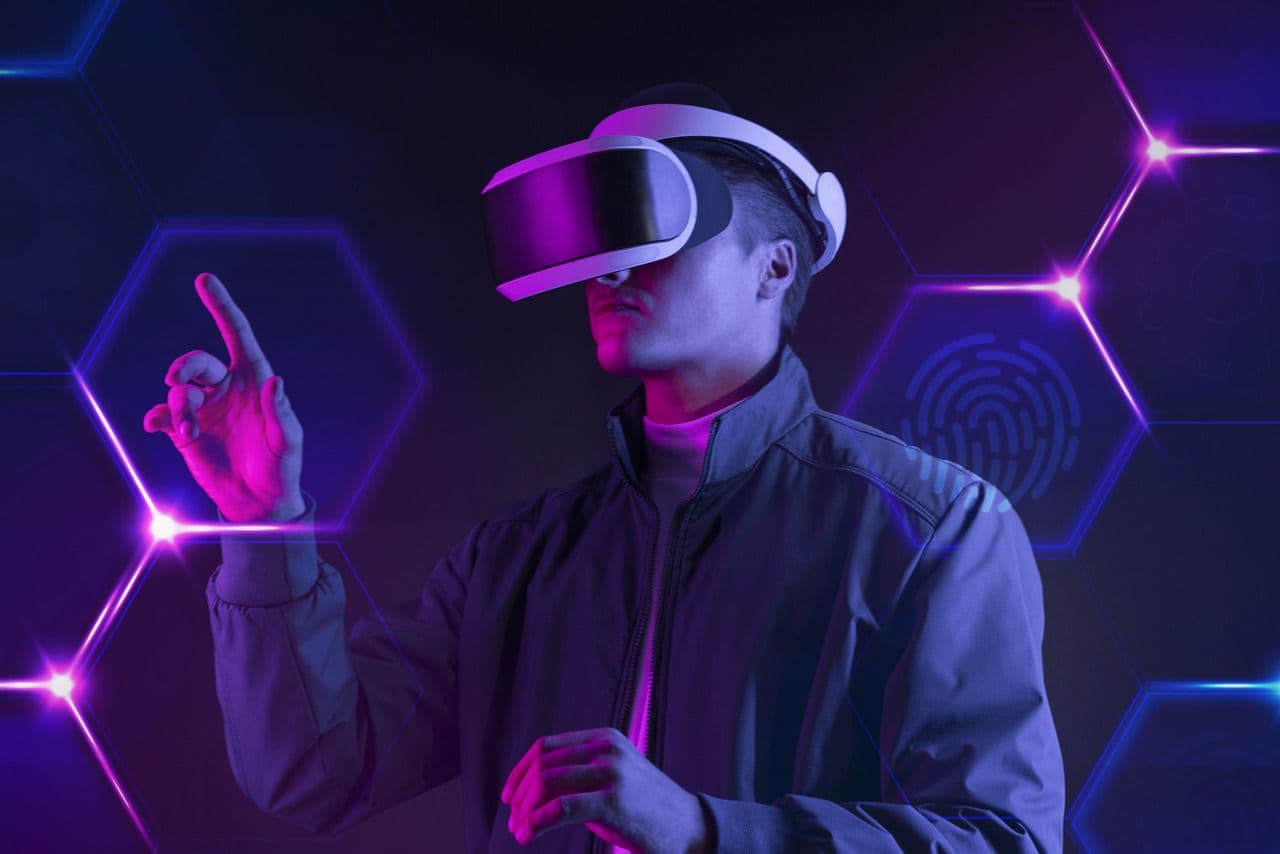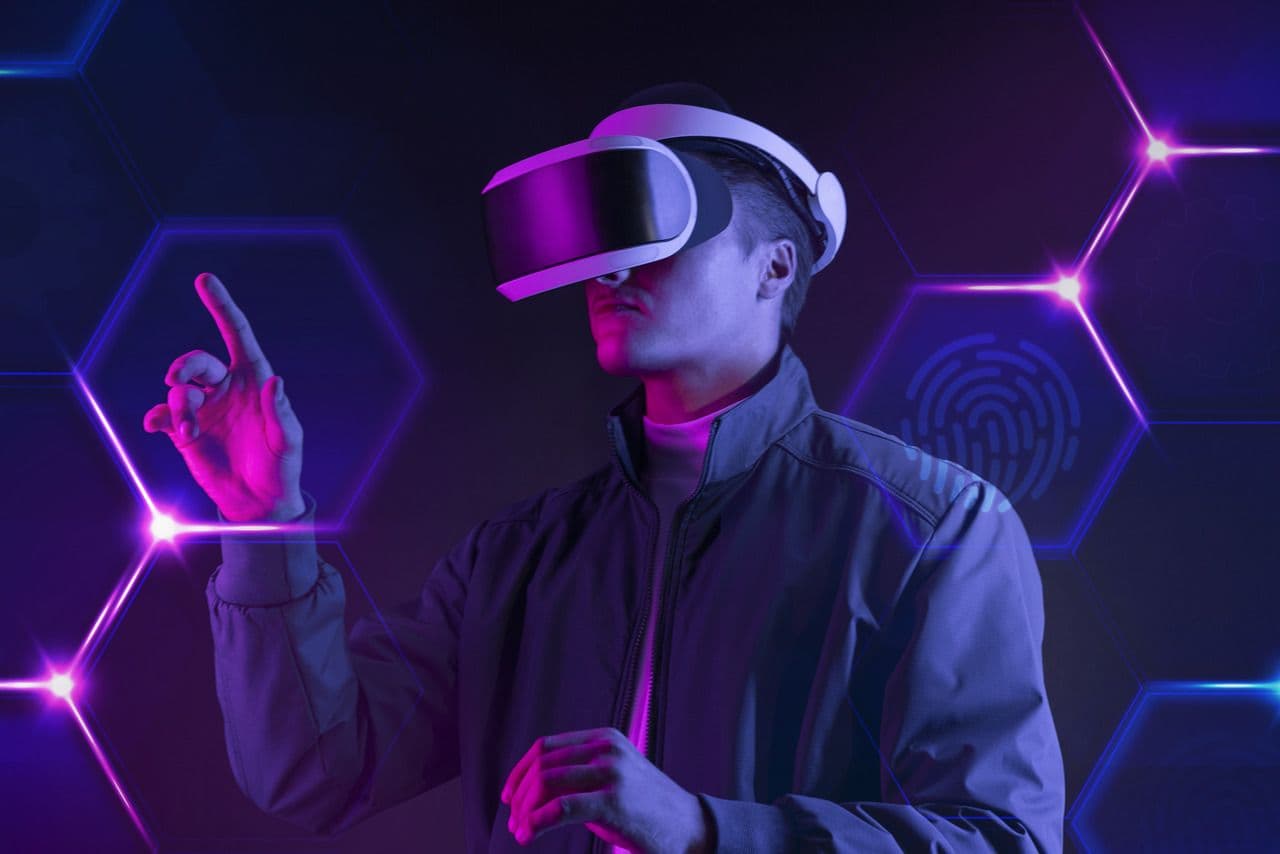Facebook Rebrands To Meta, Announces High End AR/VR Headset
Facebook has rebranded itself to Meta to emphasize its focus on metaverse and virtual reality, but the social media giant doesn't have a stellar record.

Facebook is embracing the Metaverse and that too by rebranding itself into Meta. The social media giant announced the rebrand on Oct 28 and introduced the concept in CEO Mark Zuckerberg narrated video, explaining the company’s transition to a more virtual / augmented reality based concept. This come at the helm of Novi Wallet launch using the stablecoin USDP, showing increased focus towards blockchain tech.
Announcing @Meta — the Facebook company’s new name. Meta is helping to build the metaverse, a place where we’ll play and connect in 3D. Welcome to the next chapter of social connection. pic.twitter.com/ywSJPLsCoD
However, Facebook’s Meta rebrand is more likely the culmination of old effort that the conglomerate has been making in this area for quite a long period of time. Meta got its first metaverse significant acquisition in Mar 2014, when it acquired Oculus – the famous virtual reality headset manufacturer. In Nov 2019, Meta acquired the popular VR game developer Beat Games. Formerly, Mapillary the service for sharing crowdsourced geotagged photos was was also acquired in Jun 2020.
#BREAKING Watch Facebook CEO Mark Zuckerberg enter the metaverse #Meta #facebook pic.twitter.com/8ElVEOdNS0
Meta (former Facebook) has also announced the launch of a new high end VR / AR headset called Project Cambria during its Connect Conference on Thu, offering features ahead of the Oculus Quest lineup. It would have high-resolution full-color video, new sensors to assist your virtual self to maintain eye contact, more realistic facial expressions, something to enhance the participants perception of how one’s feeling, better representation of real world objects and increased visual fidelity. It’s likely to be the cornerstone of the new Meta.
From now on, we’re going to be metaverse first. Our current is so tightly linked to one product that it can’t possibly represent everything that we’re doing today, let alone in the future. Over time, I hope that we are seen as a metaverse company and I want to anchor our work and our identity on what we’re building towards.
The demo that Facebook’s Mark Zuckerburg showcased as the introduction shows mixing realities, virtual conferences and the ability to augment the real world with the virtual one. However, the current rebrand does little to assuage fears of improper handling of user data, privacy problems, algorithmic augmentation of negative aspects, targeted advertisements and basically a closed walled garden.





























